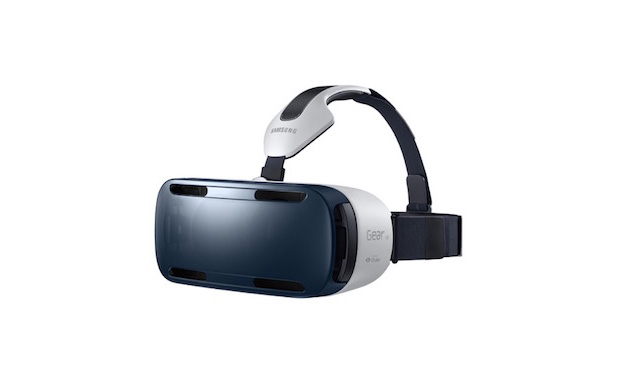Mobile-reliant virtual reality headsets will stimulate the embryonic market, new research has claimed, thanks to low costs and barriers to entry.
A report from ABI Research into the Head Mounted Display (HMD) market predicted there will be 65 million units shipped by 2020, with the compound annual growth rate at 88 percent.
It described the sector as the “next revolution” in consumer electronics, with companies such as Samsung, Facebook, HTC and Sony among those eager to capitalise.
However, researchers claimed that devices that rely on smartphones will ultimately prevail. Sales of these devices will be worth $1.6 billion (€1.43 billion) by 2020, with 25 million shipments.
Eric Abbruzzese, Research Analyst at ABI Research, said: “Tethered VR devices, such as the Oculus Rift, will be outpaced by Mobile-reliant VR devices, such as the Samsung Gear VR, thanks to lower barriers to adoption in price and hardware requirements.”
He added: “Smartphone manufacturers such as LG, Motorola, Xiaomi, and Huawei can embrace VR through their own smartphone housing, similar to Samsung and their Gear VR. As more companies do this, the market will begin to see VR advertised as an accessory to smartphones, encouraged by user interest and lower cost.”
A tougher sell will be augmented reality smart glasses, with the sector counting the cost of the failure of Google Glass. ABI said the high prices of the smartglasses put off consumers, with its recent shift to target enterprises a shrewder move.
The researchers said following an inevitable decline in average selling price, the smart glasses market will be split broadly between high spec enterprise products and affordable consumer devices.
The report predicted enterprise smart glass sales would account for 48 percent of total HMD revenues by 2020.



